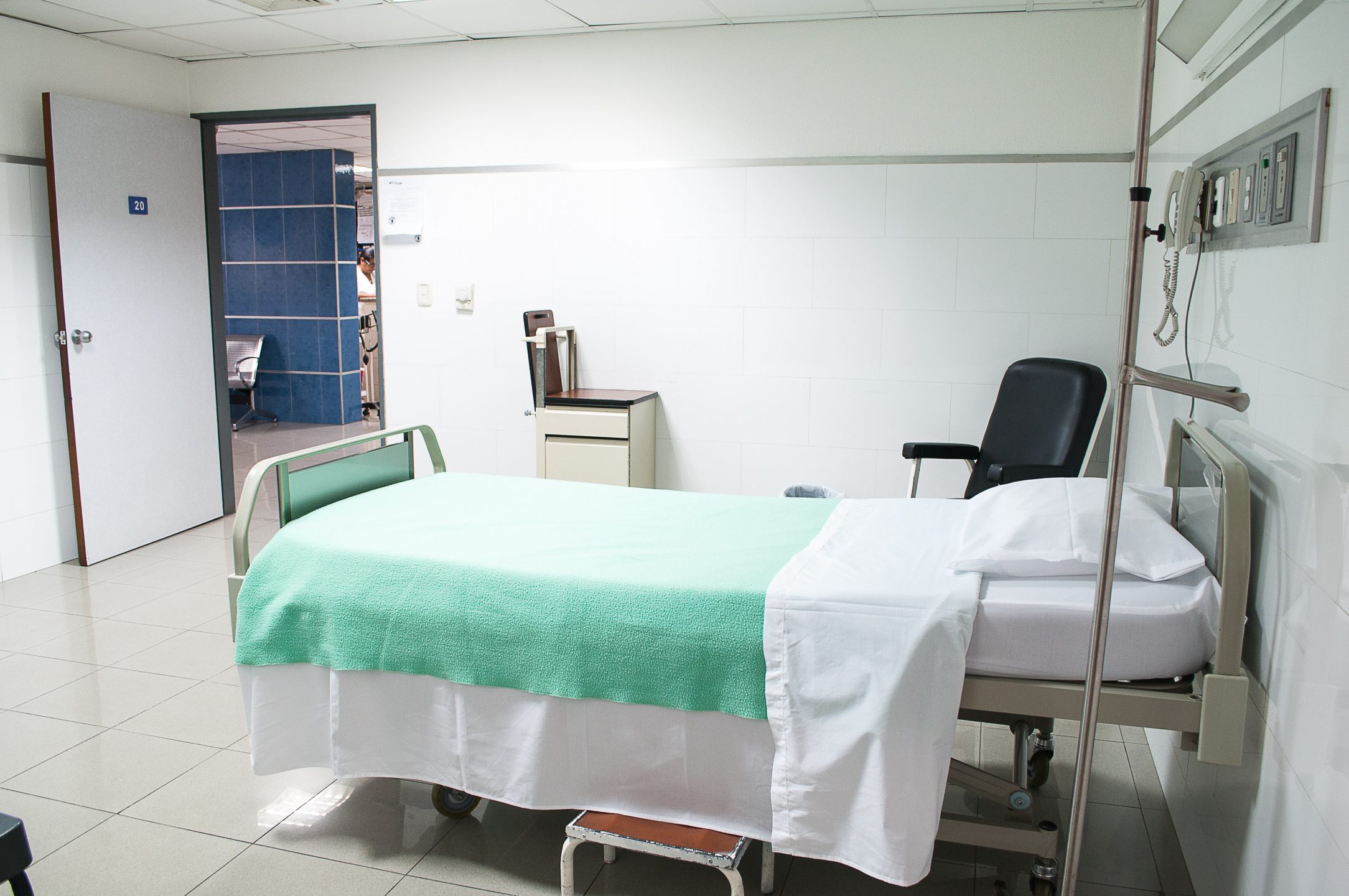A new published report has found that Canada is falling behind its international counterparts in rates of avoidable complications following surgery and other patient safety indicators.
The Canadian Institute for Health Information (“CIHI”), a non-profit organization committed to providing health information to Canadians, released a report last week entitled “Benchmarking Canada’s Health Care Systems: International Comparisons, 2019”. Canada’s health system was compared to 36 member countries of the Organisation for Economic Co-operation and Development (“OECD”), including Australia, Belgium, France, Germany, Israel, Japan, Mexico, Spain and the United States, amongst others.
Tracy Johnson, Director of Health System Analysis and Emerging Issues at the CIHI, stated:
While Canada’s health care systems are often admired, the international comparisons show that there is room for improvement. We are lagging behind OECD countries in areas of patient safety. These are serious issues that are often preventable, and improving our performance in these areas will result in safer care for patients.
WHAT ARE CANADA’S STRENGTHS REGARDING PATIENT SAFETY?
Canada was found to perform well at documenting, reporting and acting upon patient safety events.
In Canada, survival rates for breast and colon cancer are some of the highest in the world. Statistics have shown that 88% of women with breast cancer are surviving over 5 years and 67% of Canadians with colon cancer are surviving over 5 years.
Improvements were also noted in reducing in-hospital deaths caused by heart attacks and stroke. Rates in this area over the past 5 years were found to have declined by 20%.
Canadian seniors were also receiving flu vaccines at a greater rate than the average of other countries. Research found that 61% of Canadian seniors were receiving the flu vaccine compared to the OECD countries average of 45% of seniors.
WHERE IS CANADA FALLING BEHIND IN TERMS OF PATIENT SAFETY?
The main finding of the CIHI’s recent report was that Canada continues to lag behind other countries on multiple measures of patient safety.
According to the report, Canadian women are two times more likely to experience tears during vaginal childbirth and these numbers are not improving.
Disturbingly, it was also found that the rates of avoidable complications after surgery were 90% higher in Canada than the OECD countries average. For example, the development of lung clots following hip or knee surgery.
One of the most discouraging findings was that over the past two years there were 553 foreign bodies (i.e. sponges and instruments) left behind in patients following surgery in Canada. This was an increase in 14% over the last five years. This data is based upon information provided by hospitals in only nine provinces.
Tracy Johnson noted that CIHI does not have any information regarding how or why these types of mistakes during surgeries were made. Ms. Johnson also noted that several comparable countries, such as the United States, the United Kingdom and Australia, do not report on cases in their country where foreign objects have been left behind following surgery. She stated:
Some surgeries are long and complicated and if they have to change people during that surgery because some surgeries last a long time, it may be that things get missed because of that, it may be that they don’t have protocols in place – surgical checklists are one of the things that are utilized to try and prevent a number of things happening.
What we know is patient safety is complicated. People don’t go to work to make mistakes but these things happen.
Linda Hughes, a co-chair of Patients for Patient Safety Canada, responded to this report with this statement:
These statistics only show part of the story. Each of these numbers represents a person, a family, a life. Regardless of how we do in comparison to other nations, we must accept that we face a crisis of preventable harm in Canada’s health care system and that we must act together to ensure that every patient is safe.
MEDICAL MALPRACTICE LAWYERS CAN HELP
If you or a loved one have suffered serious permanent injuries as a result of a negligent act or omission by a health care professional or injuries while undergoing a procedure in a hospital, the experienced lawyers at Cuming & Gillespie Lawyers can help.
Deciding whether to proceed with a medical malpractice lawsuit is a difficult decision requiring the weighing of potential costs and financial risks against potential awards. This is a decision that should be made following careful consideration.
The first step in this process is choosing the right personal injury lawyer to help guide you through the complicated, time-consuming and risky litigation procedure.
A law firm that specializes in medical malpractice law will be able to contact a team of medical experts to help you present your claim and can make a difference in the eventual outcome of your case. At Cuming & Gillespie LLP, we can assemble a team of legal and medical experts to ensure that you put forth the strongest case and receive the compensation that you are entitled to. The award winning lawyers at Cuming & Gillespie LLP have over 20 years experience and have handled many different types of medical malpractice claims, and have the experience and knowledge to evaluate your case and help you decide whether you should pursue a claim. Call us at 403-571-0555 or online today to book a free consultation.

